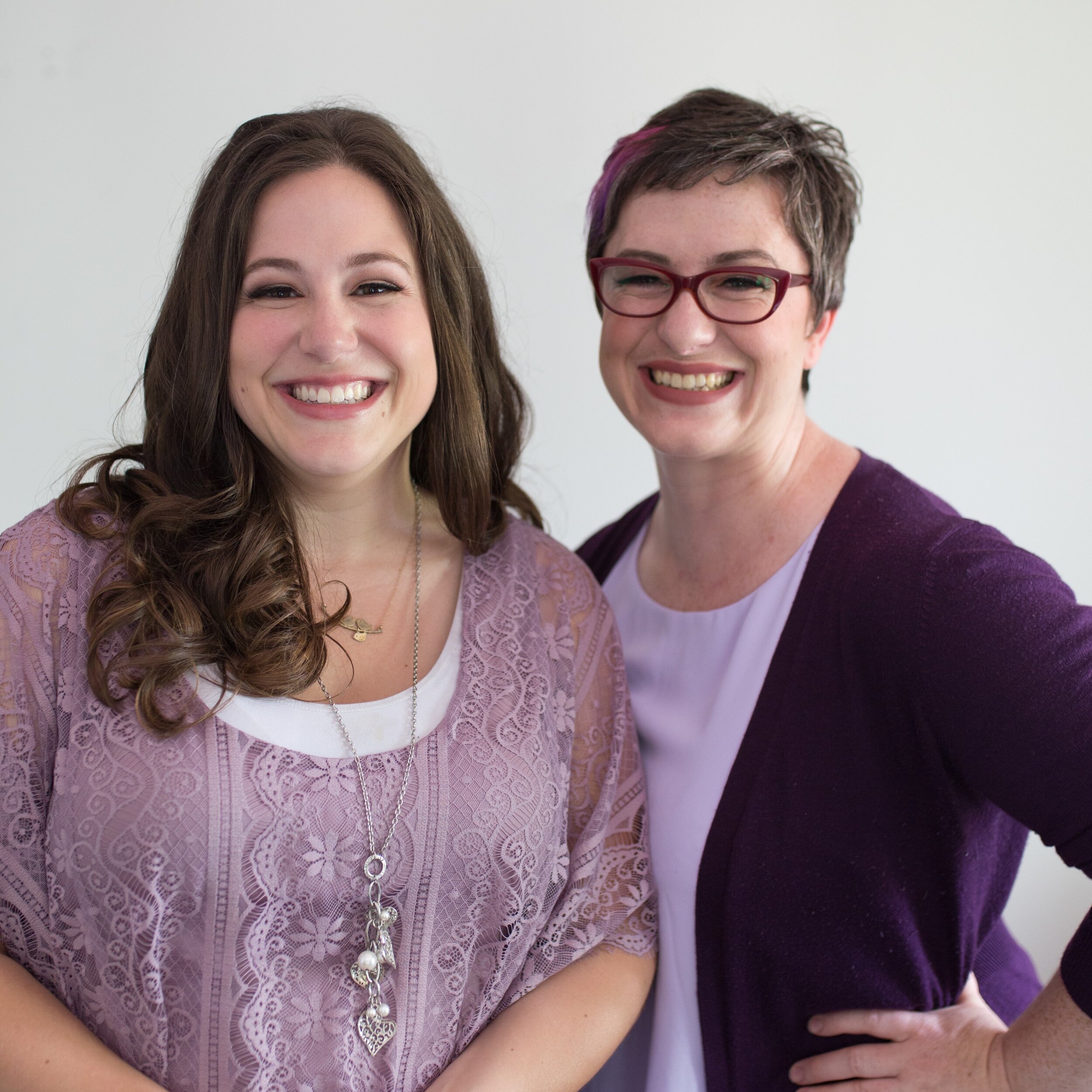A People-Pleasing Birth
It can be challenging enough trying to navigate our own choices in childbirth. When we add the expectations of others into the mix, it gets downright stressful. How can we manage the expectations of others? Let’s dig a little deeper.
Please our parents
Times are a changin’. Protocols based on the latest evidence have updated across our medical system, and what once was the accepted practice, is no longer. In many cases, thank goodness! As an example, what we know about the benefits of skin-to-skin after birth, and about baby’s first milk, mean that the baby stays close to their mother/birthing parent in the immediate postpartum period. In the not-so-distant past, a very sedated mother would not see her newborn until the following day presented swaddled and sterile.
In today’s birthing protocols, grandparents will need to wait for their snuggles (sorry, not sorry!). They’re excited…we all are. They want the best for us AND they’re dying to meet their grand baby. Finding the balance between having our parent’s support without the well-intended (often unhelpful) advice and suggestions can be a dance. In this transformation into parenthood, we all have moments to confront our parent’s expectations of us as parents.
Image description: a baby is held by their mother while a grandmother looks on.
When these moments arise, consider being curious about them. Ask yourself: where is my boundary around this? How firmly do I need to hold this boundary for my family and for my relationship with my parent? How can I tactfully and with love address this boundary? While mulling over how to address the boundary, try these tactics to redirect their excitement into helpful contributions:
Ask for very specific support
“Will you both be in charge of having the house ready for when we come home? Will you both join us postpartum with our favourite meal? Will you help us share the good news with our extended family once baby is earth-side?”
Whatever the request is, be very specific in how you’d prefer the parent-folk to show up for you. Everyone is keen to be of help when a new baby arrives and instead of having ANOTHER impractical (but very adorable) pair of baby booties on-hand, opt instead for the ready-made lasagnas and casseroles.
Put them in charge of a special thing
Do they get to be the first to visit you postpartum? Perhaps they can host a ‘welcome to the world party’ once you’re feeling ready to emerge from your postpartum baby-moon.
In line with the above about being specific, what honored task would the grandparents appreciate being in management of?
Affirm their importance
A birth means a birth of a baby, a birth of a mother, a birth of grandparents - a birth of a family. No one can love you quite like your own parents and you’ll need their love and support in the weeks and months ahead as you learn your new baby. As an important part of your lives, grandparents are some serious VIPs in yours and your baby’s lives. Affirming how important they are can be the icing on the boundary-setting cupcake.
Pleasing our social circle
This is an interesting dynamic because it’s not so much about pleasing our friends as much as we’re seeking their understanding and ultimately, their support, particularly if our friends are already parents or currently expecting their own baby. Regardless of where our friends are at, new parenthood can be a very isolating time and we need our village more than ever during this tender transition.
Whether by circumstance or by intention, we employ different strategies and approaches than our friends in our pregnancies, births, and parenting choices. No two approaches are identical and this can be a blessing or a curse when swapping experiences with our parent friends. When we have judgmental and critical comments thrown our way, it can quickly become clear who’s actually in our proverbial village and who’s not.
So when you’re with your mom friends and that weird judgy tone has popped up, they’re shocked you would make such choices, you may be tempted to call them a judgy turd. Or you can try some other strategies:
Own your experience
One person’s home birth will worry someone else. That person over there might really want to plan to have their epidural once active labor begins. A scheduled cesarean birth may not be your cup of tea. You get the idea. Imagine how supportive we could be of each other when we understand that a fulfilling birth experience does not depend on the outward circumstances of labor. Let’s honor our respective birth experiences and affirm we truly hear each other. Repeat after me: “What a powerfully transformative experience that must have been. How are you feeling? You’re doing an amazing job.”
Ask for their support
Sharing your vision of a supportive relationship is the place to start. “Wouldn’t it be awesome if we could unconditionally support each other and be a safe place to talk things out? I could really use some non-judgmental mom friend action right now.” We must ask for what we need. When we are culturally in practice of raging independence, it can feel really awkward to get clear about what we want in our relationships. It might be clunky and uncomfortable, but our friends tend to show up for us in the best ways and love us when we need it most. It’s really affirming when they show up for you just as you ask them to. We get by with a little love from our friends.
Affirm their importance
Are you sensing a pattern here? Egos love a little stroking, and it actually does mean the world to hear how much we mean to those we love. Just like those friends that may have stood beside you when you got married, or when you went on holiday, or had to get that scary test result - we need these amazing and crucial people to love us.
Pleasing your care provider
From the time you become pregnant, you are making choices to keep you and your baby healthy. You eat the foods, you avoid the things, and you assemble the team. You are already exercising your confidence and wisdom as a capable parent.
Your team includes your care provider, in who’s hands you want to feel safe and heard. We all have different levels of comfort around relationships with medical professionals and no one uniform approach will fit each client/provider dynamic.
In Calgary, our maternity care system is not designed so that we can interview and choose our care providers. If we can’t hand-pick each member of our care team, how can we navigate the expectations of our care providers while maintaining a trustful relationship?
Learn to advocate for yourself
“Increasing your knowledge and confidence, practicing asking questions, taking time to make your decisions, and being aware of your own beliefs and values around perceived medical authority, can help lead to clearer communication, and more positive and assertive interactions with your care provider.” Read more about that here
Empathy
Your care provider has entered your relationship with their own beliefs, values, and assumptions about birth that may or may not align with yours. Seeing their recommendations from an empathetic lens will help contextualize why they’re making the recommendations they are.
Our care providers are trained to treat the prenatal, perinatal, and postnatal gamut; from physiological full term birth to a micro-premature baby born by cesarean birth and everything in between. Trained to see pathology and part of a very effective system, our care providers are human and their recommendations are rooted in wanting a safe outcome.
We encourage you to cultivate an open dialogue with your care provider that welcomes questions and discussion about THIS baby through THIS pregnancy. In some cases, it can be as simple as slowing down the conversation with your care provider to gather your thoughts.
Affirm their importance
Your care provider’s role is to discover, assess, formulate, and advise. They are a key part of your process and they want to be your go-to person. Your care provider is important to you and this process as you welcome your baby/babies.
When you are working through how to manage all of these different relationships and expectations, having a doula available to be your non-judgmental sounding board and anchored support can help.
Your doula will listen deeply and acknowledge and validate you as you navigate this evolving process. Your doula is committed to being your emotional, physical, and informational support during your pregnancy, birth, and fourth trimester.
Sound like the kind of support you want?





